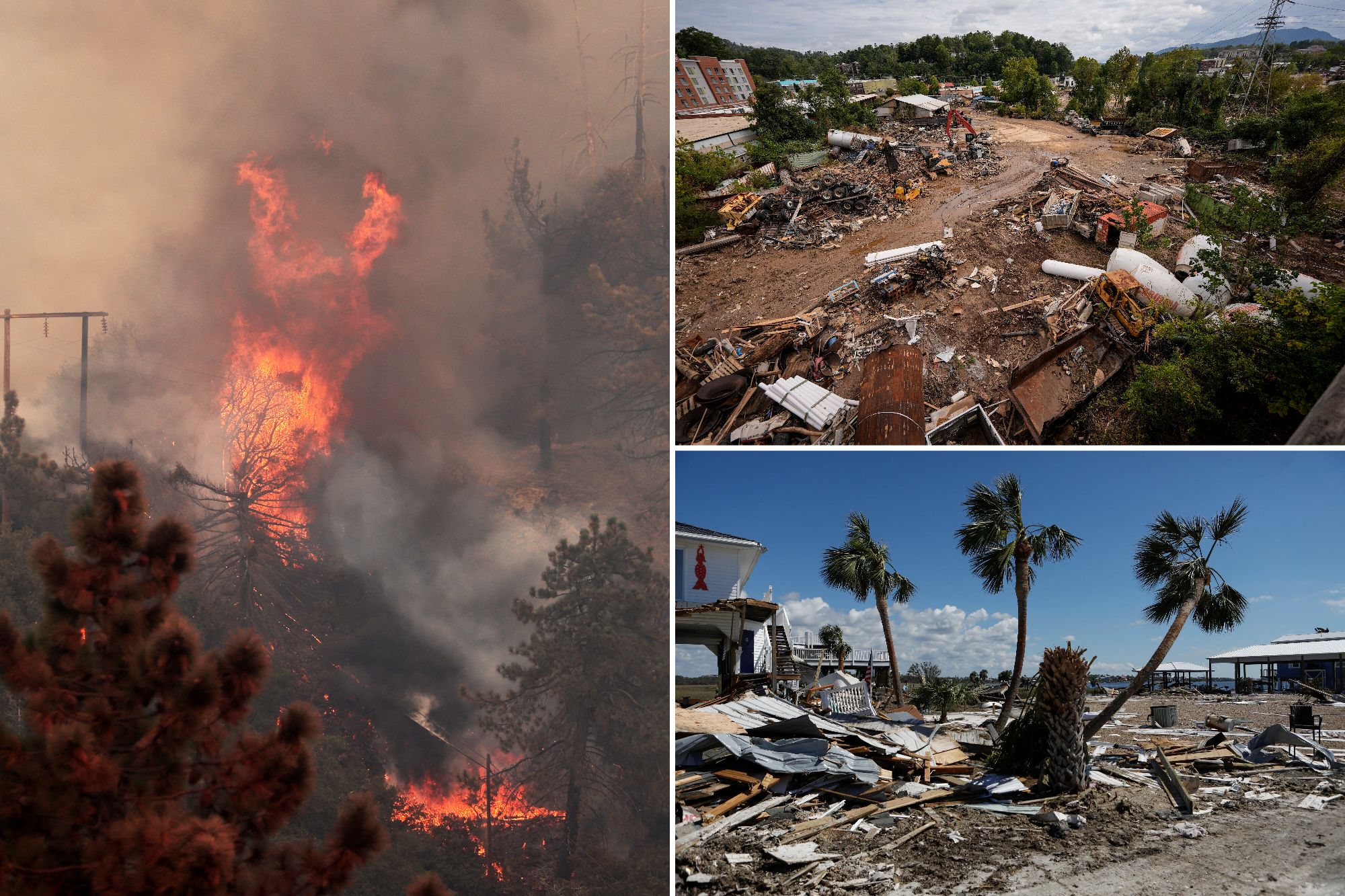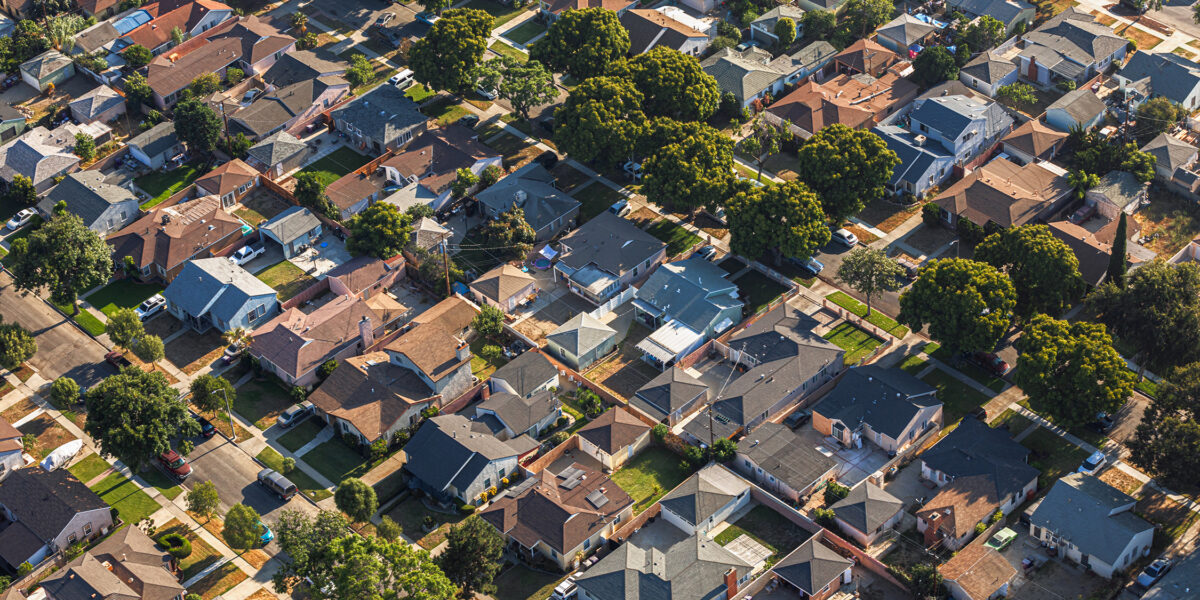T
he devastating impact of Hurricane Helene, which has claimed at least 133 lives and is expected to rise, highlights the growing concern over extreme weather events and natural disasters in the US. However, a recent trend shows that record numbers of Americans are moving to hazard-prone areas, exacerbating both the severity and costs of these disasters.
According to Realtor.com analysis, 44.8% of homes valued at nearly $22 trillion are vulnerable to severe climate risks such as flood, wind, wildfire, heat, and air quality. Real estate agents confirm that many homebuyers underestimate or ignore climate issues when deciding where to live. "Most people are low-information homebuyers," says Bruce Ailion, a real estate professional in Atlanta. "They don't seek out information regarding climate risks."
Even if buyers were aware of the risks, it's unclear whether they would change their minds. As Ailion notes, "It doesn't seem to sink in until after disaster hits." Despite this, some states are still attracting new residents despite being high-risk zones.
Florida, for example, has seen over 3 million new residents since 2000, with many drawn by its warm weather and coastal lifestyle. Real estate agents in the state acknowledge that buyers often prioritize these factors over climate risks. "Hurricane season is only a few months a year," says Nicole Mickle of Olympus Executive Realty in Orlando. "The Florida lifestyle and tax benefits seem to be more important to most buyers."
However, some buyers are starting to take climate risks more seriously, particularly as insurance costs rise. Cara Ameer, a real estate agent with Coldwell Banker in Florida and California, notes that "deciding where to live based on natural disasters will increasingly become a factor." This is already happening in states like Arizona, which has experienced record-breaking heatwaves but continues to attract new residents.
California, meanwhile, has been plagued by wildfires, landslides, and earthquakes, yet still sees a large influx of new residents. Real estate agents in the state acknowledge that buyers often prioritize lifestyle over climate risks. "I've had clients move to areas with high fire risk solely for the fact that it fits their lifestyle," says Sam Fitz-Simon of Compass in Danville.
Insurance companies are also pulling out of high-risk states, leaving homeowners struggling to find coverage. State Farm halted new home insurance sales in California last summer, and other carriers have followed suit. As Jameson Tyler Drew of Anubis Properties notes, "When many insurance carriers up and left California entirely in recent years, it left little competition in the market."
The trend is similar in Texas, where natural disasters don't seem to impact homebuyers' decisions much. However, rising homeowners' insurance premiums are a concern for buyers across the state. In the Carolinas, which were hard hit by Hurricane Helene, many buyers weigh the risks against the benefits of living in an otherwise beautiful location.
As Elyse Sarnecky of Marketplace Homes notes, "The high insurance rates due to extreme weather are not always a deal breaker." However, natural disasters are more likely to play a role in homebuyers' decisions when they are considering relocating to or from an area that has been affected by events such as hurricanes, wildfires, or flooding.















